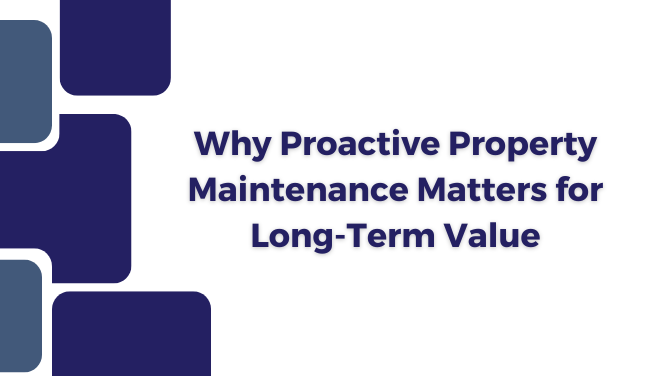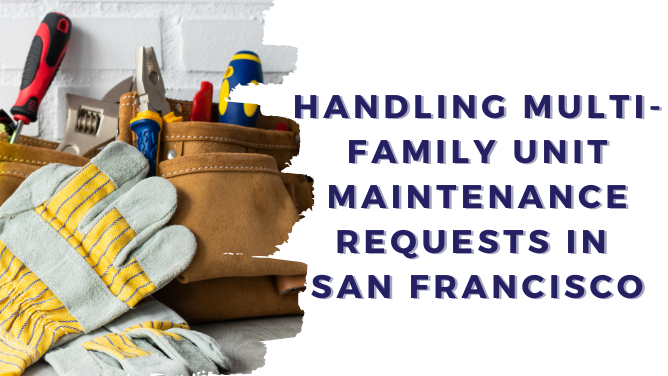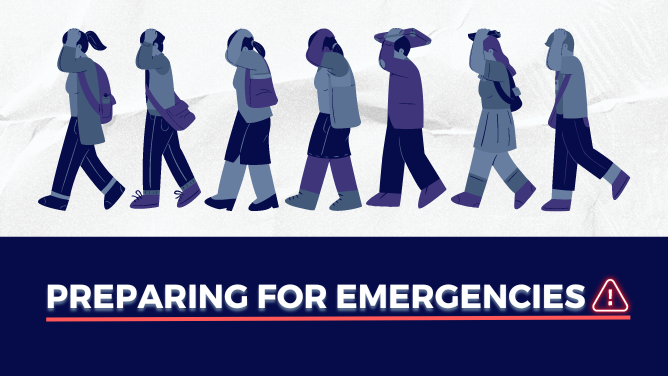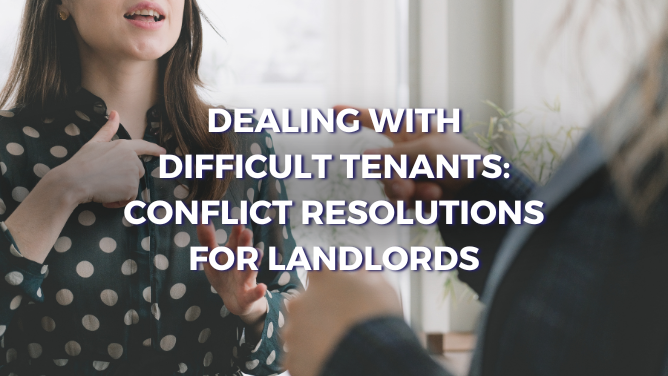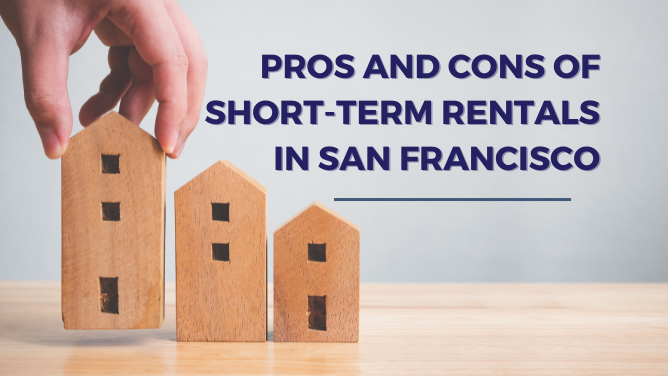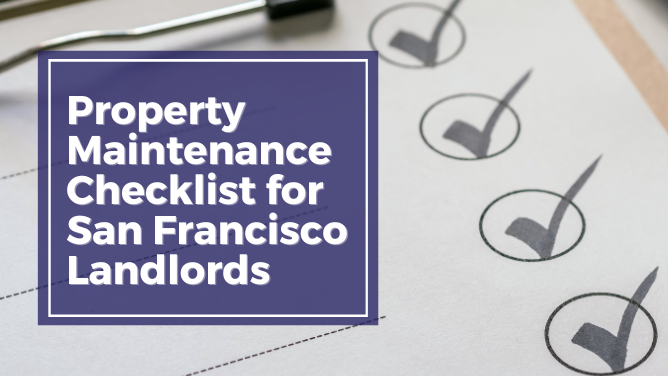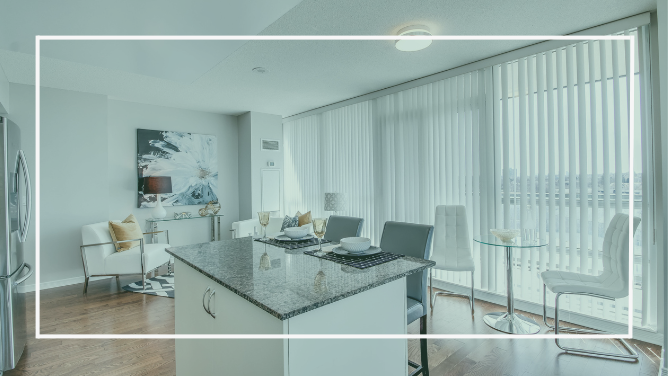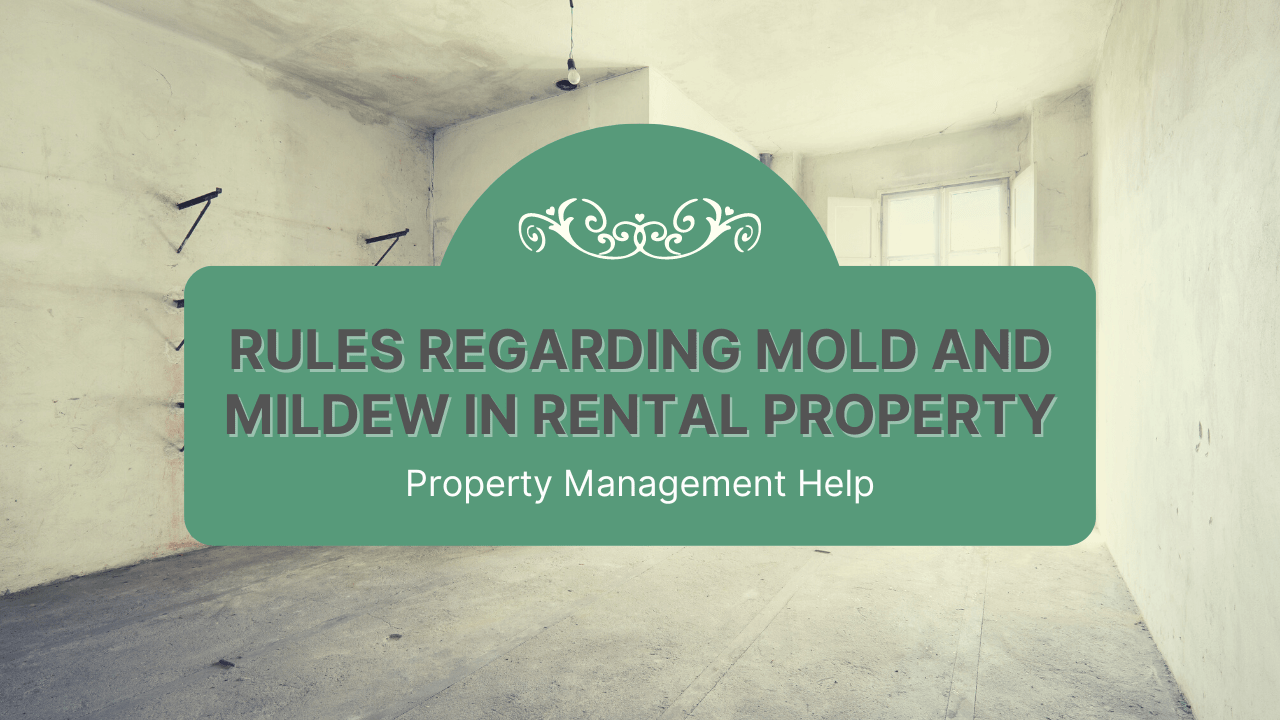As San Francisco property managers, we always recommend that you stay out of court if you can. Maybe you’ll find an error, and if you do, admit it and fix it. Even if you’re sure that you’re right, think about how hard you’re willing to fight for this. Settling with your tenant is going to be far less expensive for you than going to court, even if you win.
How to Avoid Security Deposit Disputes on San Francisco Property
If you’re going to have a conflict with your tenant, it’s likely going to be over the security deposit. This is the most common reason for a dispute between landlords and tenants in San Francisco.
Legally, as a landlord you can charge your tenant’s deposit for damage as well as any cleaning fees, unpaid rent, or overdue utilities. However, you cannot charge for normal wear and tear, and the disputes often arise when tenants and landlords disagree about whether something is wear and tear or tenant damage.
As a San Francisco landlord, you want to do everything you can to avoid a security deposit dispute with an exiting tenant. These issues are disruptive, expensive, and stressful. If you’re taken to court and the judge rules in your tenant’s favor, there’s a good chance you’ll be ordered to pay more than the amount of the initial deposit. So, settling disagreements is better because you don’t want to spend $5,000 on a $100 dispute.
Double Check Your Security Deposit Deductions
Make sure the security deposit claim you have calculated is correct. You want to be fair, and you want to be able to support the deductions you’ve made. Make sure you have documented everything that you’ve deducted. Check your math and revisit the move-in and move-out inspection reports to make sure you are charging what you should be charging.
Communicate with your San Francisco Tenant
Communication is going to be extremely important in San Francisco property management. Once you’ve received a complaint from your tenant about the amount you’re charging from the deposit, have a conversation. Suggest a meeting where you can review the move-in and move-out inspection reports together. Share the documentation and discuss why you deducted what you deducted. This could potentially resolve the entire issue. If you can show them the videos and the photos you took and compare the condition of the property together, you might get somewhere.
Return the Deposit within 21 Days
May Sure You Calculate Interest Payments
Come to a Compromise






